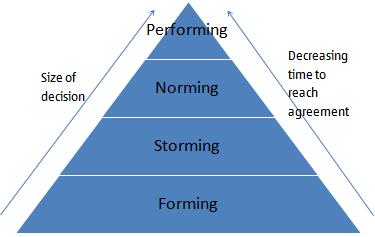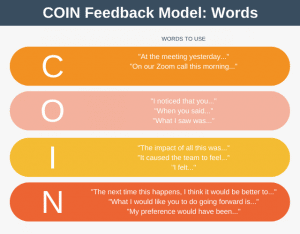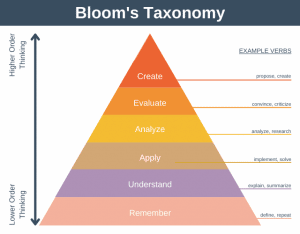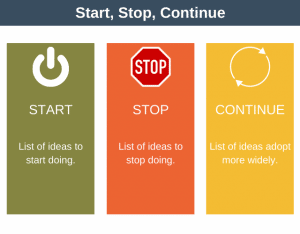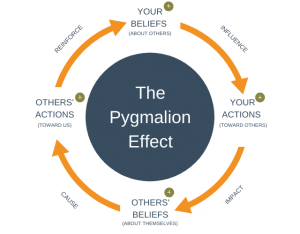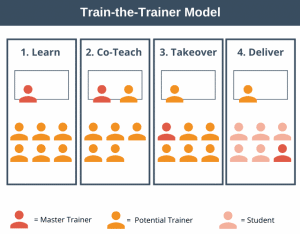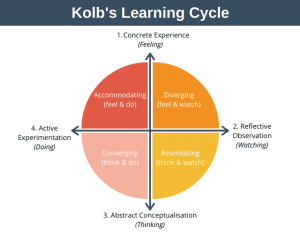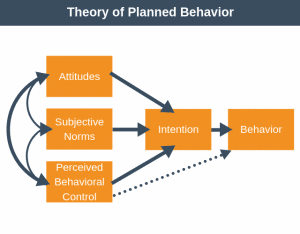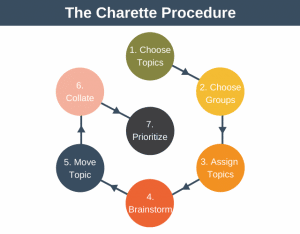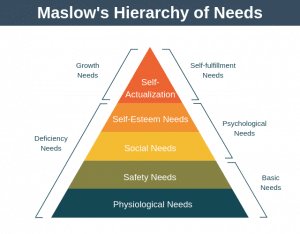Whether your team is temporary, newly-formed, or has been working together for years, effective teamwork is mandatory if the team is to excel as a group. Just as driving a long distance by car involves taking a journey, good teamwork doesn’t usually happen overnight and is itself a journey of group development.When making an unfamiliar car journey we typically follow signs to help us find our destination. In 1965, Bruce Tuckmanfirst used the phrase “Forming, Storming, Norming, Performing” to identify the stages a team typically goes through as it makes it’s journey towards being a high-performance. Thus, “Forming, Norming, Storming, Performing” is essentially a model for group development.
The Tuckman Stages
Let’s examine the characteristics of each stage in turn so we can see how Tuckman proposed teams develop to maturity, with leaders emerging and relationships forming along the way.
Forming
This is the first stage and corresponds to the team being formed. In this stage team members are likely to be courteous and polite to each other. In this stage team members will form first impressions about both each other and the work that they have to do. People are individuals and may respond to this differently: some may be anxious and some excited about the work ahead. If you are the leader of the team (project manager / program manager) you will need to be directive in this stage.
Storming
The Storming stage is characterised as the stage where different ideas compete to be considered. In this stage the team tries to work out the problem they need to solve, how to solve it, how to work with each other, and how they will each work with the team leader. This stage can be painful as team members confront each other and emotions run high. Note that some teams may never leave this stage.
If you are the team leader then you will still need to be directive in this stage. Encourage openness, tolerance, and understanding. You may wish to open up more in this stage also, especially to less vocal team members.
Norming
The Norming stage is characterised by the team having established the goal they are trying to achieve. Equally, the hierarchy within the team is established and people understand how to work with each other more clearly, and understand each others relative strengths and weaknesses.
In this stage individuals show responsibility for carrying out tasks to move towards the goal. If you are the leader then you will need to delegate some tasks as team members begin to respect your authority as team leader.
Performing
Some teams will eventually reach the Performing stage. Teams at this stage are high-performance, being able to get things done smoothly and quickly, without internal conflict or external supervision.
As a team member in a team at this stage it feels significantly easy compared with previous stages. As team leader you are able to delegate effectively and have established two-way trust with your delegates.
You may find the following diagram useful in understanding the impact of the different stages on team performance.
What I’m trying to show in this dragram is that the earlier the stage the longer it takes to reach agreement (time being represented by the volume of each section in the triangle), and also that the further through the stages the team is, the the greater the importance of decisions being made is as they are more likely to impact on the goal rather than team structure, and the more quickly these decisions can be made (again shown by section volume).
Tuckman Stages Application
Now that we have walked through the characteristics of each stage we should consider what this means to project managers, program managers, or anyone else who needs to build a high-performance team. Essentially, knowledge of Forming, Storming, Norming, and Performing informs us as managers to adapt our behavior as the team moves through the different stages of the model.
- Forming Stage Behavior: be directive with the team, both in terms of what the goal of the team is and in terms of their behavior.
- Storming Stage Behavior: encourage all competing ideas to be aired openly. Look to resolve or smooth any conflicts between team members. Have a “my door is always open” policy to enable you to give support to those team members who are less vocal or less secure.
- Norming Stage Behavior: Begin delegating tasks now that your authority is emerging. This is the first time the team begins to actually feel like a team so perhaps now is a good time to arrange your first social event.
- Performing Stage Behavior: Your team is now highly performing, meaning you can delegate to them with confidence. Aim to delegate as much as is sensible, this will allow you to see the bigger picture of the team within the context of the organization or focus on other areas.
At all stages through this model ,you as the team leader should remain positive, up beat, and focused on achieving the goal.
Tuckman 5th Stage
In 1977, Tuckman added a 5th stage called “Adjourning”, although it’s also commonly know as the “Mourning” stage. This stage is the process whereby the team is disbanded. As team leader, now is a great time to get the team together and celebrate the successes of the team.
Summary
Forming, Storming, Norming, Performing is a model to show the different stages a team must pass through if it is to become a high-performance team. Program managers, team leaders, and project managers should understand the model to enable them to better lead the team and adapt their behaviors appropriately to each stage in order to give the team the most chance of becoming a high-performance team. The model can also help team leaders understand why they are observing certain behaviors amongst their team.
